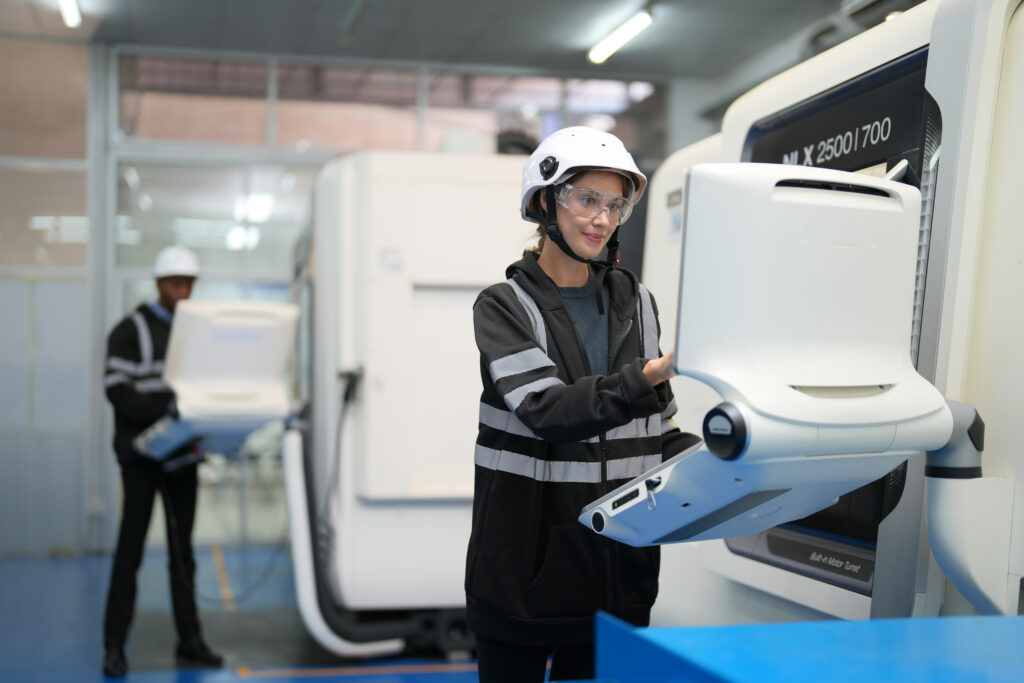
Artificial intelligence (AI) is rapidly transforming various industries, and education is no exception. EdTech, which refers to the integration of technology in the education sector, is one area that AI is significantly impacting. In this blog post, we will discuss the role of artificial intelligence in EdTech and how it has the potential to transform the field.
1. Personalized learning
One of the significant advantages of AI in edtech is its ability to personalize learning. AI can create personalized learning plans for students based on their individual needs and preferences. This technology can analyze a student’s strengths and weaknesses, the pace at which they learn, and the kind of content they engage with most. By analyzing this data, AI can develop a personalized learning experience tailored to each student’s unique learning style, making education more accessible and effective.
2. Adaptive assessment
Another key benefit of AI in edtech is adaptive assessment. With this technology, assessments can be adjusted to match a student’s learning level, rather than offering a one-size-fits-all approach. Adaptive assessments use AI algorithms to analyze student’s responses and adjust the difficulty of the next question based on their previous answers. This way, students can be challenged at the right level and receive feedback that is relevant to their progress.
3. Smart content
Smart content is another area where AI can have a significant impact on edtech. AI can analyze data on how students engage with specific content and create new, customized content that matches their learning style. This technology can also identify gaps in learning and create content that addresses those gaps. By providing students with customized content, AI can make learning more effective and engaging.
4. Automated grading
AI can also automate the grading process, which can save teachers a significant amount of time. Instead of spending hours grading assignments, AI algorithms can quickly and accurately grade student work. This frees up time for teachers to focus on other aspects of their job, such as creating engaging lesson plans or providing personalized feedback to students.
5. Data analysis
Lastly, AI can help analyze vast amounts of data to improve education systems. AI can analyze data on student performance, engagement, and other factors to identify patterns and insights that can improve teaching and learning outcomes. This technology can also help identify areas where additional support is needed, such as interventions for struggling students or enrichment activities for high-performing students.
In conclusion, AI has the potential to transform the edtech industry in significant ways. By personalizing learning, offering adaptive assessments, creating smart content, automating grading, and analyzing data, AI can improve the effectiveness and efficiency of education systems. The use of AI in edtech is still in its early stages, but as the technology continues to develop and become more accessible, it has the potential to revolutionize the way we learn and teach.